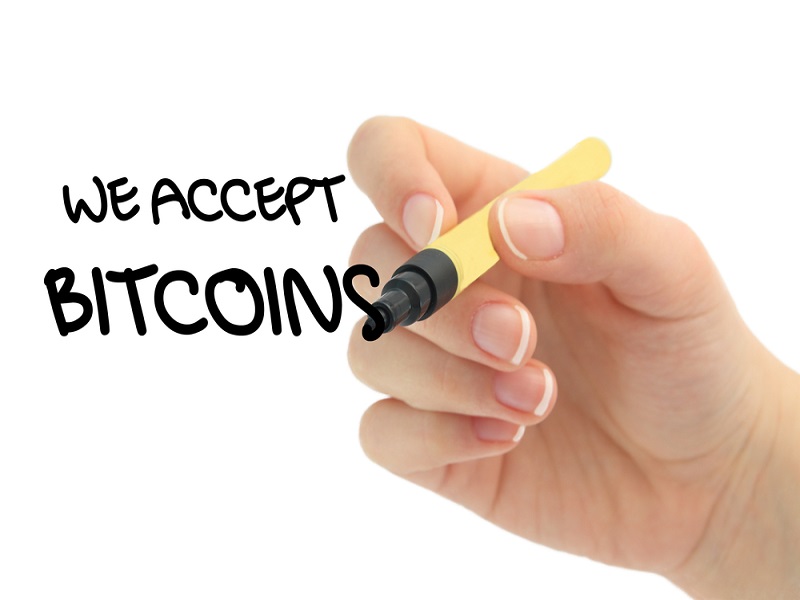With the year 2016 almost upon us, many retailers and consumers will start rethinking their stance on Bitcoin over the next twelve months. Over the course of 2015, Bitcoin has been making some positive headlines all over the world, and with the number of monthly transactions still rising, now is an opportune time to get involved with digital currency payments. But what would it take to start accepting Bitcoin payments in a convenient way?
Also read: ChangeTip kick-starts the Social Giving Challenge
Bitcoin Payment Processors Are Not Needed By Everyone
Convenience plays a major role when it comes to accepting Bitcoin payments for goods and services. One of the most common misconceptions regarding digital currency payments is how they can only be used online, which is not true. Peer-to-peer transfers of Bitcoin in person work just as well, assuming both parties are adequately prepared for the task at hand.
Rather than setting up an account with a Bitcoin payment processor, businesses who deal with clients in person are better off setting up wallet application on their computer or smart device. Either solution will let the retailer generate Bitcoin “invoices” and present them in the form of a QR code to their client.
While there is a certain merit to having a Bitcoin payment processor account for generating invoices, it’s not always the best solution when it comes to accepting payments in person. Granted, as long as there is a decent Internet connection present, using a payment processor is a valid option, but do keep in mind they will charge a small fee for converting Bitcoin to fiat currency [if that’s your preference],
One of the major selling points of Bitcoin is how the digital currency can work on a global scale, without any need for currency conversion within the Bitcoin ecosystem itself. This makes transferring money from one side of the world to the other a matter of mere minutes, rather than days or weeks. But this also creates an interesting opportunity for those among the Bitcoin community who frequently travel abroad.
Bitcoin, as a currency, works in exactly the same way anywhere in the world. For retailers and businesses, this means that anyone in the world who owns Bitcoin can become a potential customer. Accepting payments through physical contact with potential customers plays an important role in that process, and the more convenient your solution is, the better for all parties involved.
Should You Convert Bitcoin To Fiat Currency?
In the end, it all comes down to the point of whether or not a business needs to convert Bitcoin transactions to fiat currency on the fly. If Bitcoin transactions are less than five percent of your monthly revenue, there is no direct need to convert it into fiat currency by any means. However, the option will always be there when needed.
Assuming Bitcoin transactions are a majority of monthly revenue, the scenario is quite different. Paying suppliers and other business partners in Bitcoin will – in most cases – not be possible, as they only accept fiat currency. For these businesses, immediately converting Bitcoin to fiat might be the better solution, making a payment processor account all but mandatory.
Do you run a [small] business that accepts bitcoin payments? If so, how do you process incoming funds? Let us know in the comments below!
Source: Reddit
If you liked this article follow us on Twitter @themerklenews and make sure to subscribe to our newsletter to receive the latest bitcoin and altcoin price analysis and the latest cryptocurrency news.



